IT’S A GOOD THING I don’t believe in New Year’s resolutions, because I’d have already bombed it: my pledge (to myself) to blog once a month in 2024. Alas, here we are almost to Valentine’s Day and I’m just getting to my Book Oscars for 2023. In my defense, I have to say I’ve been working really hard on the new novel—and making good progress. 🙂
Now, once again inspired by the fabulous Elsie of the Tea and Ink Society, I’m giving out Oscars to my favorite reads of 2023.
Best Contemporary Romance
The Roughest Draft by Emily Wibberley & Austin Siegemund-Broka. Told in alternating POV chapters of the two main characters, Katrina Freeling and Nathan Van Huysen, this is the story of successful romance co-writers who had a spectacular falling-out that neither will discuss and haven’t spoken for four years. Which would be fine, except . . . they have one final book due on their contract.
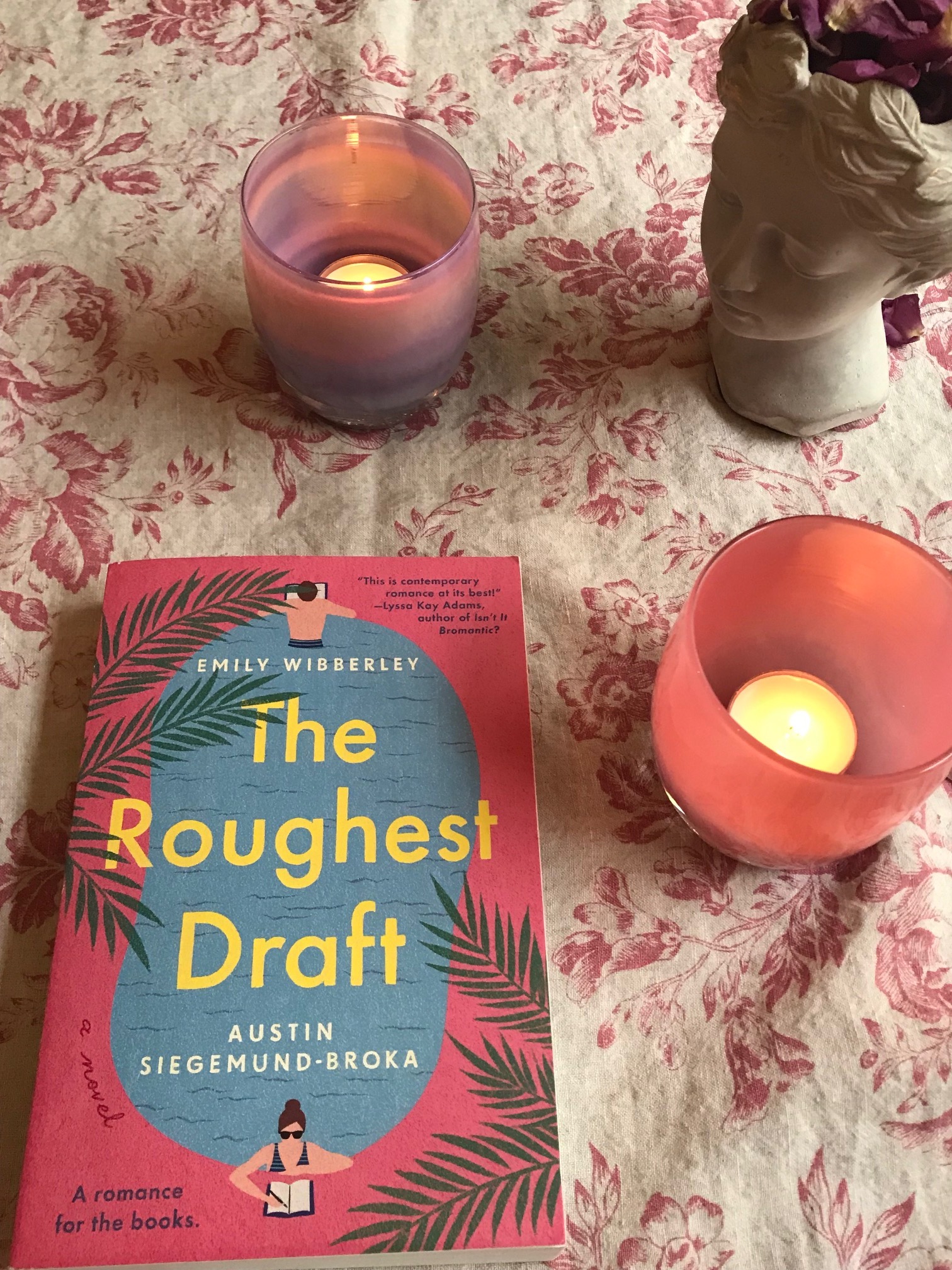
With this delicious set-up, we join Katrina and Nathan holed up together in the cottage in a tiny Florida town where they wrote their previous bestseller, trying to write another while dealing/not dealing with what went wrong between them.
Here’s Nathan: “Over the past four years, the moments Katrina’s existence has intruded on mine have felt like interludes. They’re lost days. I write, of course, but the content is functional, unenthusiastic, the prose equivalent of ground beef. Because every word wasn’t written out of passion or intent but out of resistance. Resistance to the terrible gravity of the question I don’t want to contemplate—whether Katrina was my real life and everything else the interlude.”
And Katrina: “It’s the characters’ scene, I remind myself. Separate from us. I cling to the reassurance like I would a flimsy blanket on a cold, cold night. The line between us and what we write needs to remain firm. If it crumbles, if we let ourselves bleed into our work, we’ll have nothing left except a messy confusion of lives and pages.”
The authors keep the tension high with carefully placed flashbacks of Katrina and Nathan’s shared past, while the stakes for the new book—and their relationship—grow ever higher. Smart and fun.
Best Modern Jane Austen Retelling
Emma of 83rd Street by Audrey Bellezza & Emily Harding. It always surprises me that Emma turns out to be the Austen novel that seems to translate most easily into 20th-21st century retellings (see Clueless, also Alexander McCall Smith’s recent version). With all his foibles about food, Mr. Woodhouse is a natural for our modern preoccupation with organic eating. Indeed, the book opens at the Woodhouse Christmas party with him saying, “My God, Emma . . . how could you do this?” and Emma’s answer: “Dad, it’s just a cheesecake.” To which Mr. W replies, “It’s an abomination.”
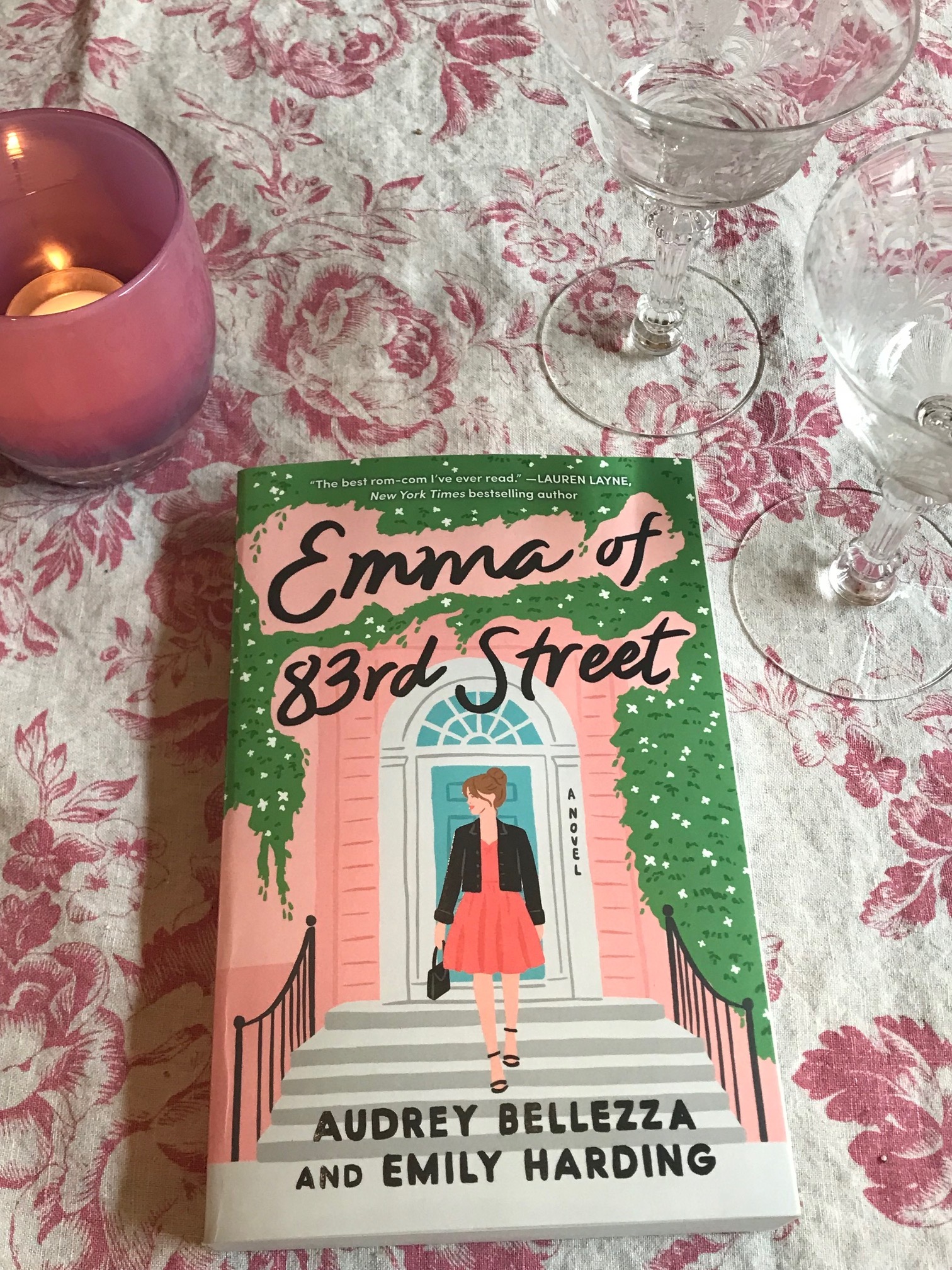
And, of course, if she lived in 21st century New York City, Emma would have just gotten into grad school to study art history and Mr. Knightley would be managing a start-up that invests in clean tech.
I defy any self-respecting Austen romantic to resist this description of George Knightley: “He was so tall he had to bend at the waist to see the [whiskey] labels, his dark hair falling forward so he had to run his fingers through it to put it back in place. Of course, it was never in place to begin with, but that only made it look more deliberate.” Add this description a few pages later: “He stared at her from under his brow, the light above casting shadows over his honey-colored eyes,” and I’m there for whatever’s coming: Miss and Mrs. Bates now personified in the shrill-voiced, gossipy Mrs. Pawlowski; Emma’s sister Margo marrying Knightley’s brother Ben; and Emma’s hapless Harriet Smith-style friend, Nadine Pittman, “a hot mess” till Emma gets hold of her. “‘I’ve been working on defining her style,’” Emma tells an unimpressed Mr. Knightley, “‘but the new cut and color just complete the whole look, don’t you think? It’s like a new beginning for her. I’ve given her the fresh start she needed.’”
And we’re off!
Best New Mystery
The Late Mrs. Willoughby by Claudia Gray. The second in a series bringing together Fitzwilliam and Elizabeth Darcy’s socially awkward son Jonathan, and Catherine and Henry Tilney’s “radiant” daughter Juliet with a mystery to solve, and in my opinion, even better than The Murder of Mr. Wickham. In that book, a memorable house party at Donwell Abbey hosted by George and Emma Knightley brings together Mr. and Mrs. Darcy, Colonel and Mrs. Brandon, Catherine and Henry Tilney, Fanny and Edmund Bertram, and Captain and Mrs. Wentworth, only to have Mr. Wickham crash the party and get himself killed in the process. In this book, Jonathan Darcy has been invited to stay for a month with Mr. Willoughby, his old school friend, at his estate, Allenham.
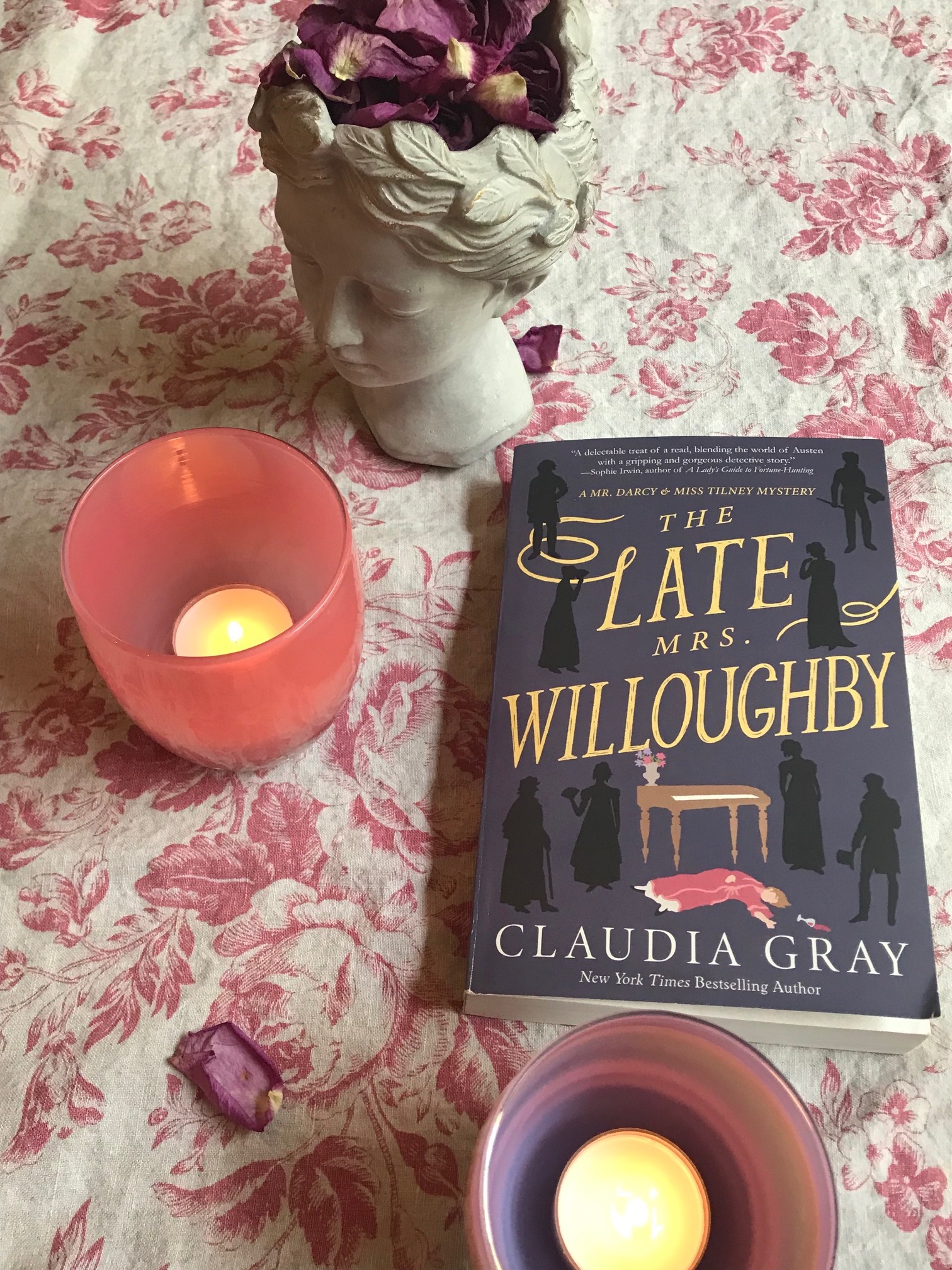
One of the most touching aspects of the series is the sympathetic portrayal of this young Mr. Darcy. A handsome, wealthy young man and (of course) the heir to Pemberley, he is probably also (as we would recognize today) on the autism spectrum. Here he is, arriving at the dinner party: “This was too much: too much novelty, too much uncertainty, too much noise and light, too many people. Under normal circumstances, Jonathan would be equal to a dinner party, even one involving strangers, but after only two days of feeling uncertain and undervalued . . . with none of his familiar things around him—it seemed more than could be endured. How was he to get through a full month of this?”
Feeling marooned and uncomfortable at Allenham (unsurprisingly, since most of his memories of being at school with Willoughby aren’t happy ones), he’s especially grateful to come across his friend, Juliet Tilney, staying nearby with Colonel and Marianne Brandon at Delaford.
And Juliet’s delight in seeing him again matches his own. “Jonathan Darcy appeared as stiff and elegantly dressed as ever, his eyes darting away from Juliet’s, but she knew him well enough to see how truly pleased he was. One might almost have said his expression was one of purest wonder.”
When the new Mrs. Willoughby meets her sudden demise, Jonathan and Juliet must once again navigate 18th-century social proprieties and complicated interpersonal undercurrents to solve the mystery.
I’ve just realized I’m already way over my word count on this post, so I’m going to quickly summarize my last choices. Think of it as two posts in one!
Best New Christmas Mystery
The Christmas Murder Game by Alexandra Benedict. I did a deep dive into seasonal Christmas reading in December, and this book held me spellbound. In this day and age, given the ubiquitous presence of cellphones and the internet, it’s almost impossible to pull off the classic Agatha Christie-type murder mystery with a group of people—in this case, estranged cousins with a murderous family history and plenty of buried secrets—stranded in a remote English country house during a snowstorm. But Benedict succeeds brilliantly. Lily, the most sympathetic (and vulnerable) of the group, races against time, competing with her cousins to solve a poem for each of the twelve days of Christmas. The stakes couldn’t be higher: the cousin who solves them all will inherit the house. But only if she lives long enough to do it.
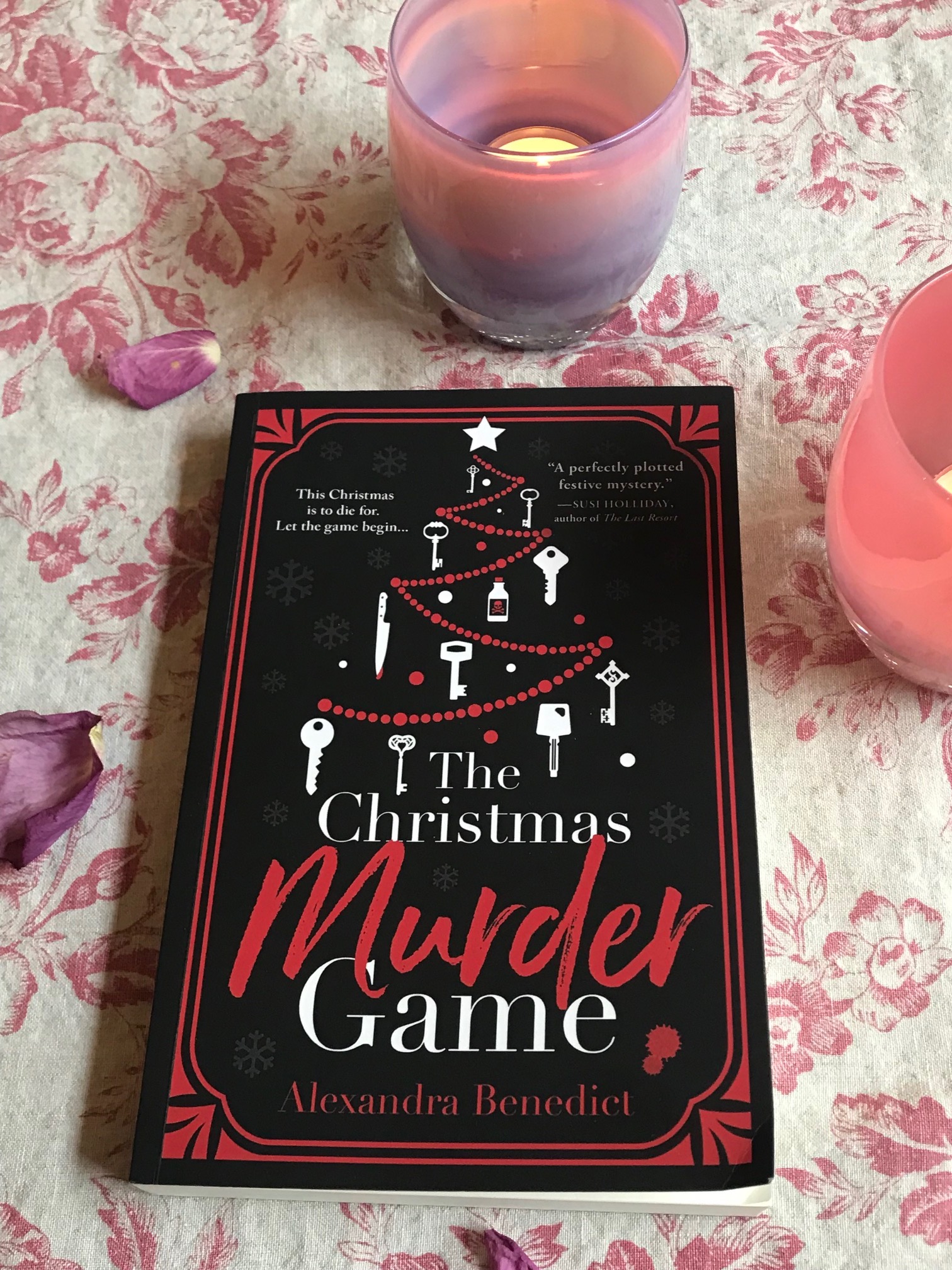
And in the meantime, the snow keeps falling . . .
Best Nonfiction Book
Winters in the World by Eleanor Parker. As I’ve confessed previously, I’m sometimes a reluctant reader of nonfiction, but as I wrote in November, I was completely enthralled by this book.
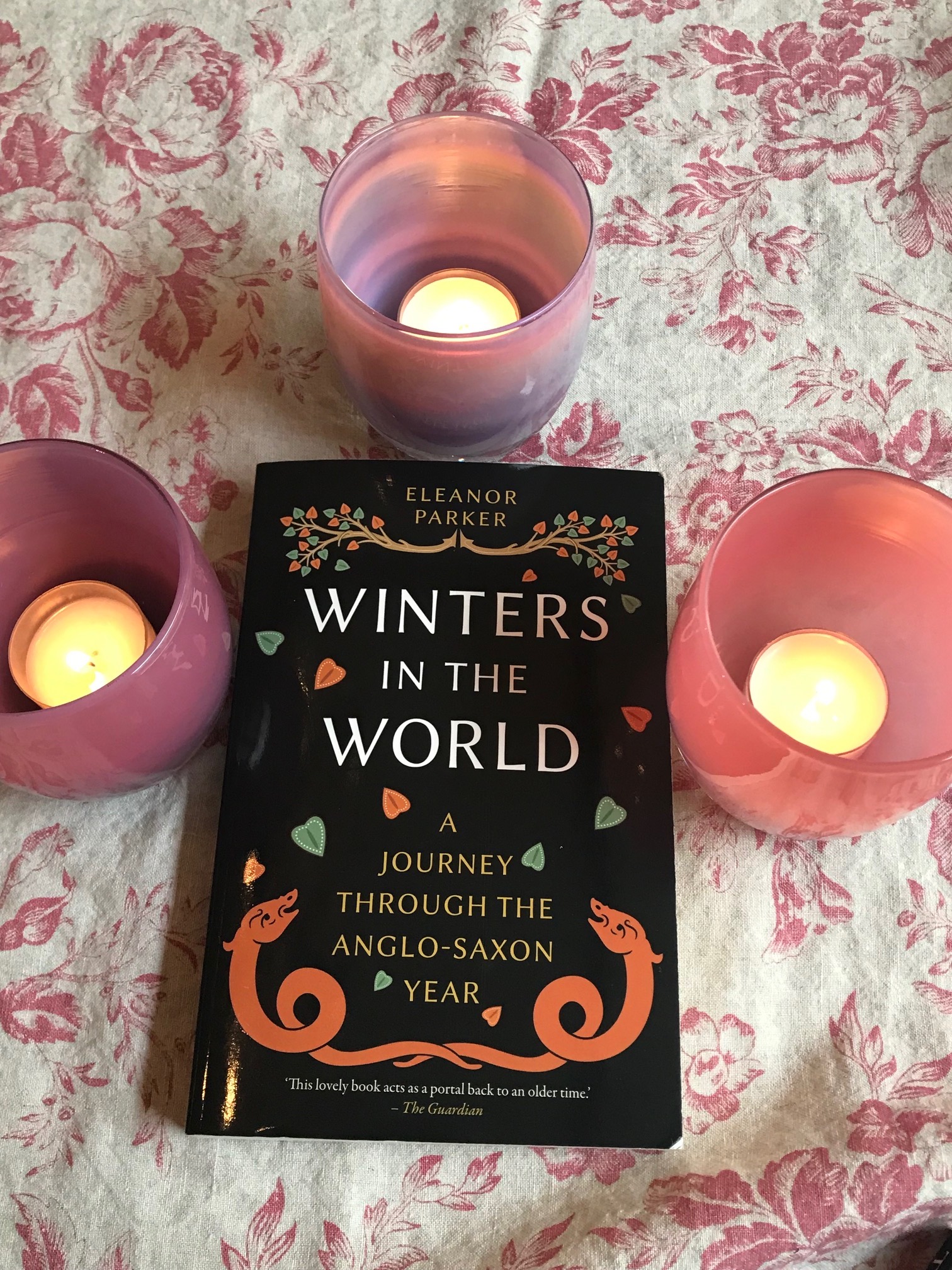
I found reading about the ways the Anglo-Saxons experienced seasonal change in a time and a culture much more deeply tied to the natural rhythms of the land captivating. In her chapter about The Coming of Spring, Parker quotes an ancient Anglo-Saxon poem, Maxims I:
One alone shall unbind
the frost’s fetters: God most mighty.
Winter must pass, good weather come again,
summer bright and hot.
You can almost imagine the Anglo-Saxons in their dark homes, lit only weakly by candles, murmuring to themselves like an incantation, “Winter must pass, good weather come again.”
And aren’t we there right now ourselves? Freezing as we wait for spring while almost despairing that it will ever come? Parker goes on to point out that the ancient name for February is Solmonað, which can be translated “mud-month.” As someone who’s spent the last two weekends in my muddy garden, I think it’s the perfect name for February. Thank heaven we have the romance of Valentine’s Day roses and chocolate to brighten it up!
Wishing you a belated Happy New Year, my friends. Happy Valentine’s Day—and happy reading!
Featured image: Riss Designs courtesy of unsplash.com
All other photos my own
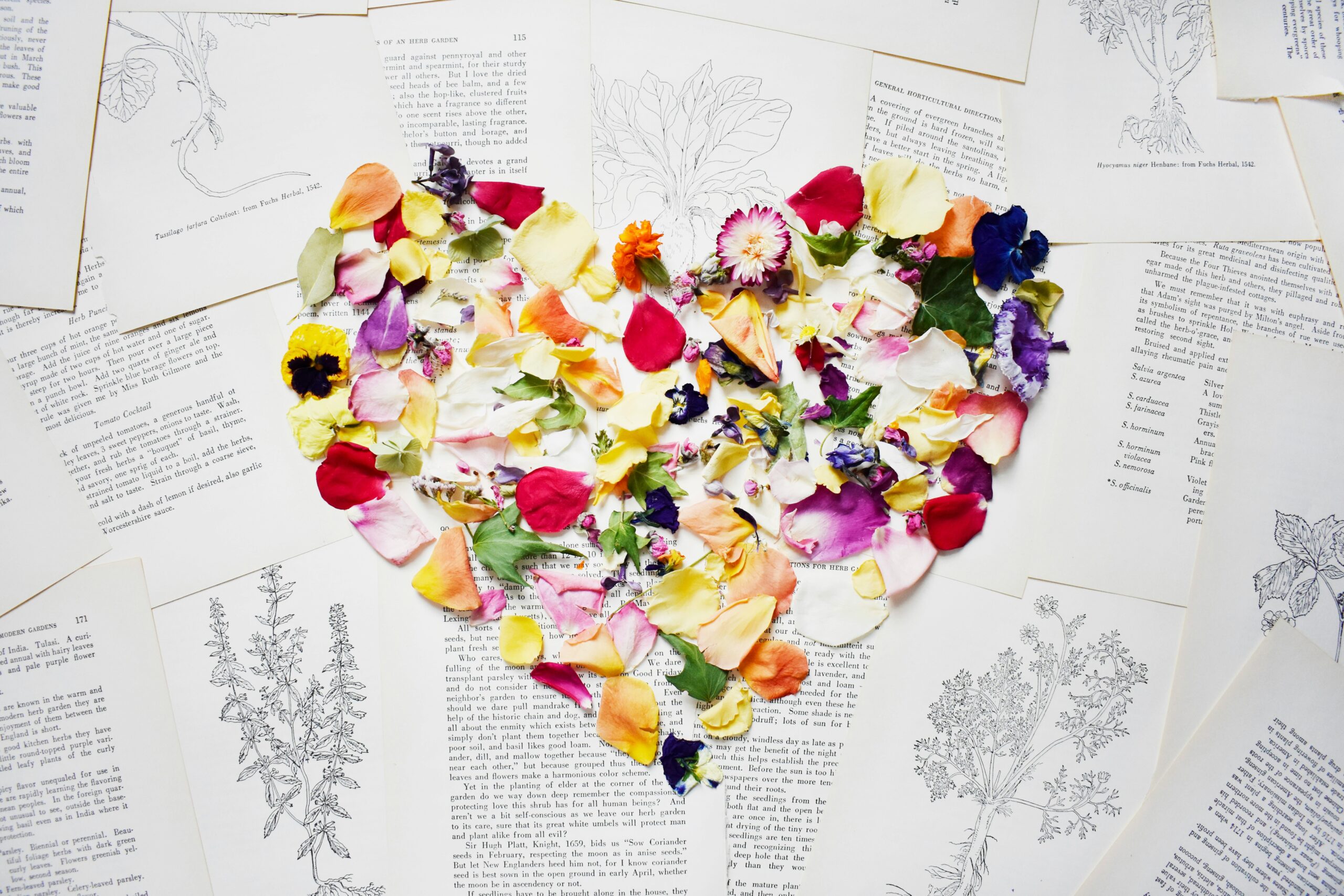
Leave A Comment